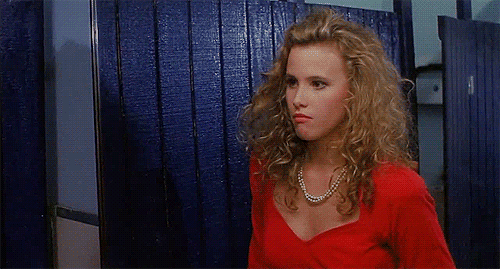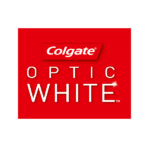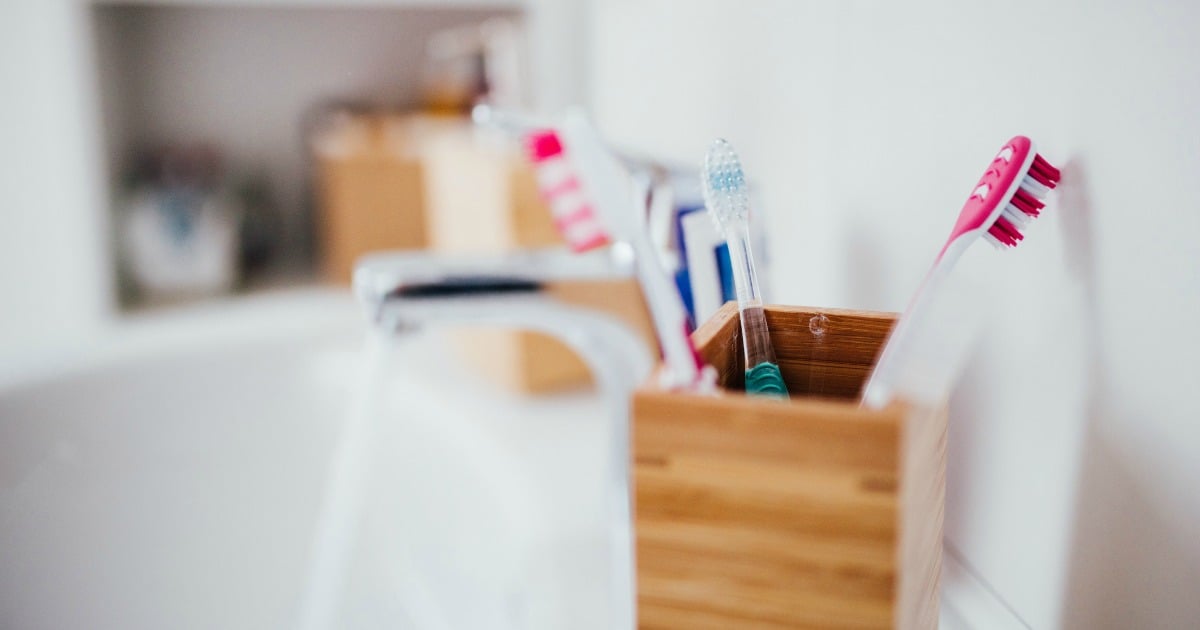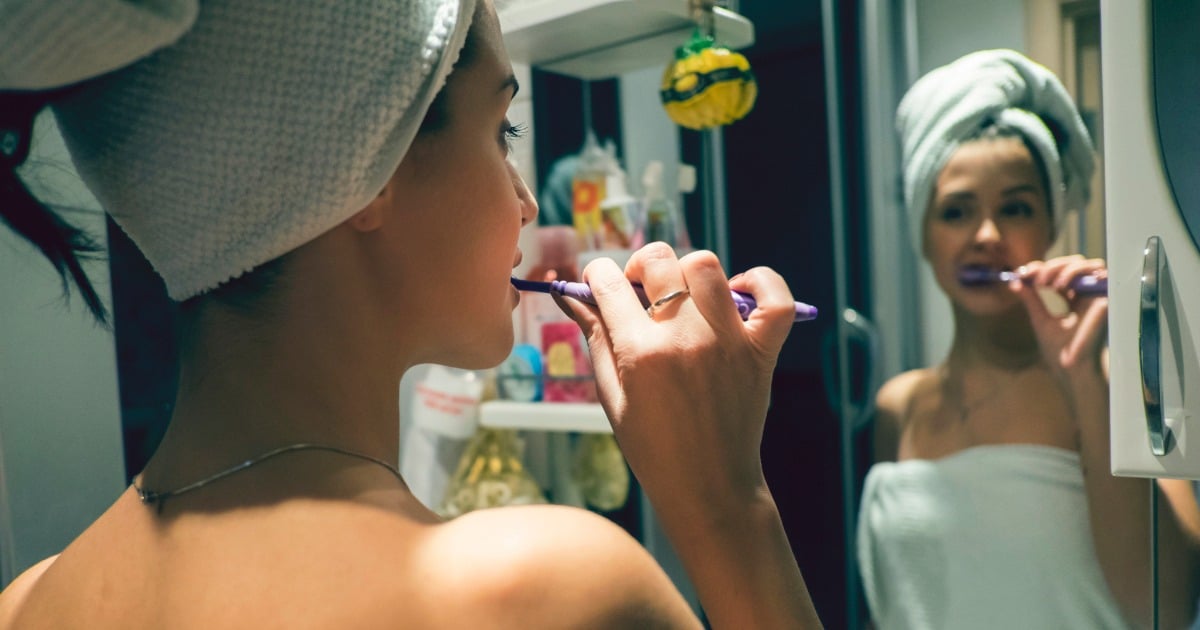

Lately my housemates and I haven’t been seeing eye-to-eye. You see, they think I’m crazy.
Not because I’m in bed by nine most nights, can put away a packet of tasty cheese in record time and blow dry my hair at an ungodly hour of the morning.
They’ve taken issue with the way I clean my teeth. And it’s dividing our household.
I’ve always subscribed to the notion that if you brush twice a day after breakfast and dinner, you’re good as gold.
Which is why my housemates were horrified to see me one chilly morning, chowing down on a hot bowl of porridge BEFORE cleaning my teeth.
“That’s DISGUSTING,” they said. “What about all the bacteria that’s grown in your mouth overnight,” they said.
At first, I was taken aback. Why would anyone in their right mind clean their teeth BEFORE devouring Vegemite toast? Wouldn’t that just make it taste…weird? And what of orange juice or my morning coffee, ruined by a premature minty aftertaste?



Top Comments
I think you mean pulling the floss taut. Not taught?
I brush mine right after I get up, but since I don't eat breakfast until my toddler gets out of bed, the minty flavor is mostly gone.